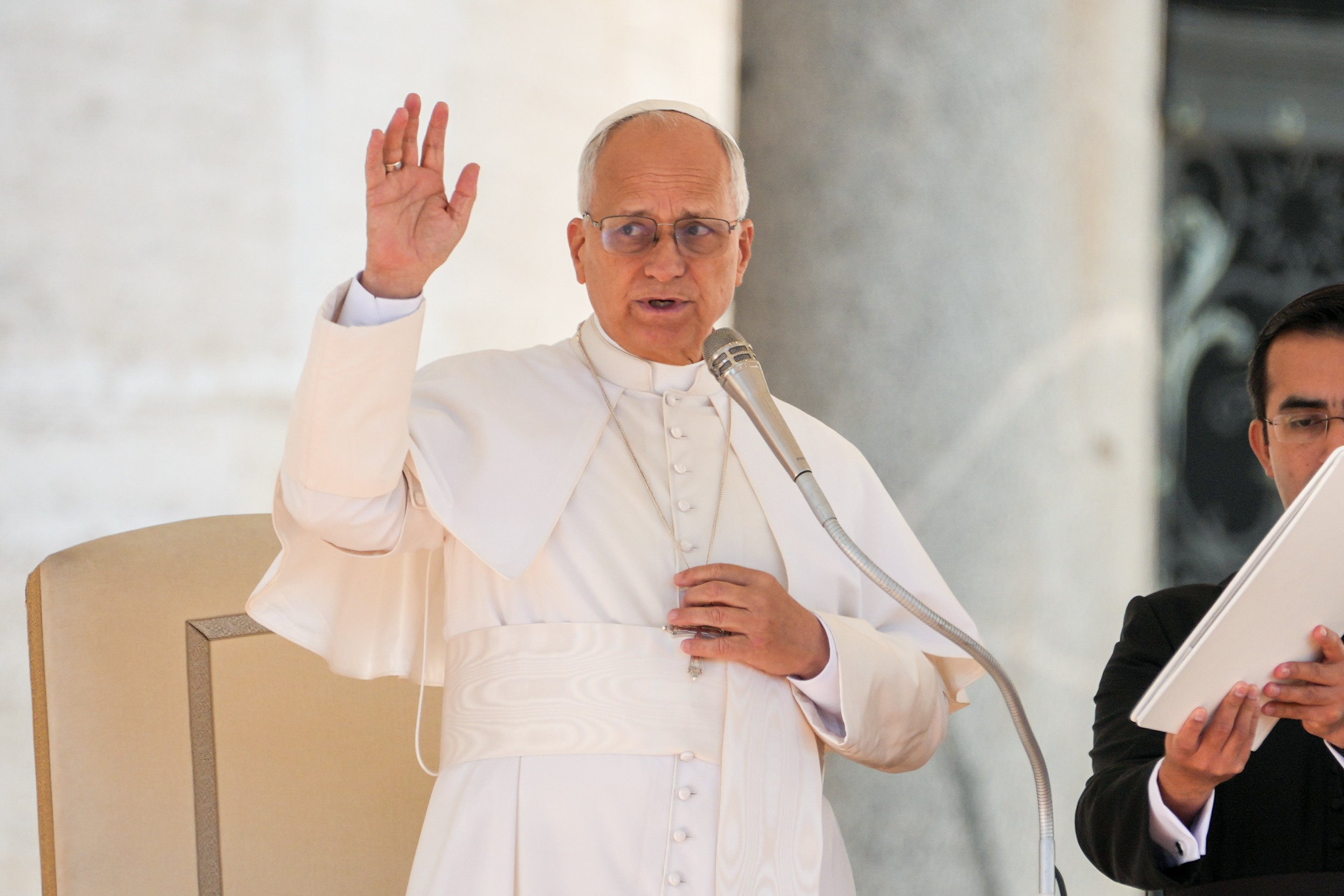April 6, 2018 at 1:53 p.m.
WORD OF FAITH
Going beyond what's expected
'He went throughout Galilee, proclaiming the message in their synagogues and casting out demons.' - Mark 1:39
Though we can presume the historical Jesus prayed often during any given day of His earthly existence, Mark only writes about Jesus praying when He's under "messianic stress" - trying to figure out what God wants Him to say and do.
Given our sacred authors' emphasis on prophecy, it's essential to know how to distinguish real prophets from fake prophets. The first rule is that real prophets always take us back to the beginnings of our faith; fake prophets never go back that far. The latter concentrate on things which entered the faith years or centuries after the founder's original insights - things which are usually far less demanding than those original essentials.
The Gospel Jesus, for instance, rejected any violence, even in retaliation. Less than four centuries later, St. Augustine developed the concept of a "just war." What's forbidden in the beginning eventually becomes acceptable.
Jesus of Nazareth was also well aware of the second and third rules for picking real from fake prophets: The former not only can't make a living from prophecy, they always suffer for delivering the message Yahweh demands they give.
Day one
Sunday's Marcan passage (Mark 1:29-39) concludes the first Gospel day of Jesus' public ministry. He's exorcised "many demons," and besides healing Simon's fevered mother-in-law, He's also "cured many who were sick with various diseases."
That's quite a successful day. No wonder "Simon and those who were with Him pursued Him" the next morning, wanting to know more about this local carpenter. Jesus must have blown their minds when, instead of returning triumphantly to town, He announced, "Let us go on to the nearby villages that I may preach there also. For this purpose have I come."
If this narrative is historically accurate, I presume on Good Friday evening, some of his first disciples would have argued, "We should have stayed in Capernaum. He went to one village and one synagogue too far."
This passage paints a picture of someone willing to go beyond what "normal" people would expect God to demand. Why didn't He remain in a place that accepted Him, preaching God's prophetic word to friendly audiences? He could have become a local, revered personality. Instead, He ends up dying on a Jerusalem cross.
No comfort zone
Marcan scholars point out that the Greek vocabulary employed in this "deserted place" passage is identical to the vocabulary used in the evangelist's agony in the garden passage. That implies Jesus most probably experienced more than one agony. (It also helps us understand how the three Gethsemane eyewitnesses, though fast asleep, still knew what Jesus was going through: He had experienced similar agonies on other occasions, while they were awake.)
God constantly demands we go beyond our comfort zone and endure the agonies which follow and precede such actions.
Paul (I Corinthians 9:17-19, 22-23) mentions that he himself also went beyond that zone in evangelizing the Corinthian church. Not only did he refuse to do something even Jesus permitted - be materially supported by the community he's evangelizing - but he also takes the unexpected step of becoming one with each of his converts: "I have made myself a slave to all. To the weak I became weak, to win over the weak. I have become all things to all."
I presume that neither Jesus nor Paul ever identified with Job's "life is a drudgery" experience (Job 7:1-4, 5-7) - but they also were willing to pay the price for making life interesting. [[In-content Ad]]
SOCIAL MEDIA
OSV NEWS
- As deal to end shutdown advances, Catholic groups urge action on health insurance costs
- Texans vote overwhelmingly to enshrine parental rights in state constitution
- Supreme Court declines Kim Davis case seeking to overturn same-sex marriage ruling
- ‘Do you love Jesus more than your political opinion?’: Bishop Tyson says the church faces a test
- Vatican says Swiss Guards investigating alleged antisemitic gesture
- Bishop: Survival of Christian communities in Nigeria depends on security, justice
- Pope asks for extra care when using AI in medicine
- Pope holds long meeting with Belgian abuse survivors
- Delegation of top prelates, lay activists gives Brazil church strong presence at COP30
- Pope offers prayers for the Philippines and for peacemakers







Comments:
You must login to comment.